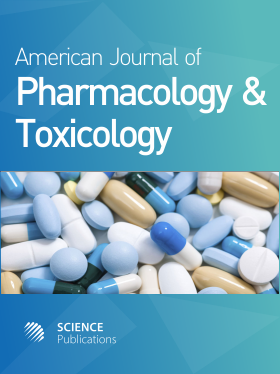Therapeutic Effects of Phyllanthus Species: Induction of TNF-α-mediated Apoptosis in HepG2 Hepatocellular Carcinoma Cells
- 1 University of Oklahoma Health Sciences Center, United States
- 2 University of Madras, India
- 3 Washington University School of Medicine, United States
Abstract
Phyllanthus species, especially P. amarus is a medicinal plant with hepatoprotective activity, believed to occur in part by inhibiting hepatitis B virus function. The pathogenesis mechanism of viral hepatitis is closely related to hepatocyte necrosis apoptosis. The aim of our study was to investigate the in vitro effects of extracts from three Phyllanthus species, P. urinaria, P. amarus and P. debilis in regulating cell proliferation and gene expression activities of HepG2 hepatocellular carcinoma cells. All three Phyllanthus species significantly inhibited the proliferation of the HepG2 cells. In addition, the extracts induced apoptosis by inducing caspase-3. Further confirmation of extract-induced apoptosis was obtained by demonstrating that the Bcl-2/Bax ratio decreased in response to treatment with the extracts. We next determined the mechanism by which the Phyllanthus extracts induced apoptosis. Previous studies have demonstrated that TNF-α not only induces apoptotic signals but also causes antiapoptotic and regenerative responses in hepatocytes, the mechanism involving induction of IL-8. Real Time PCR analyses demonstrated that the extracts significantly inhibited cyclooxygenase-2 (COX-2) and interleukin-8 (IL-8) expression, while inducing the expression of tumor necrosis factor-α (TNF-α. Reporter assays using the luciferase constructs containing COX-2 promoter region demonstrated that the extracts inhibited transcription of the gene. Since the extracts inhibited IL-8 expression, while inducing TNF-α, the cells were treated with the extracts in the presence of exogenous TNF-α. While TNF-α only showed a modest effect by itself, it was synergistic with the extracts in inducing apoptosis of the cells. These findings demonstrate that Phyllanthus extracts induce TNF-α production from the hepatocellular carcinoma cells while inhibiting production of potent anti-apoptotic genes IL-8 and COX-2.
DOI: https://doi.org/10.3844/ajptsp.2006.65.71

- 7,405 Views
- 5,017 Downloads
- 14 Citations
Download
Keywords
- Phyllanthus species
- P. amarus
- medicinal plant
- hepatocellular carcinoma
